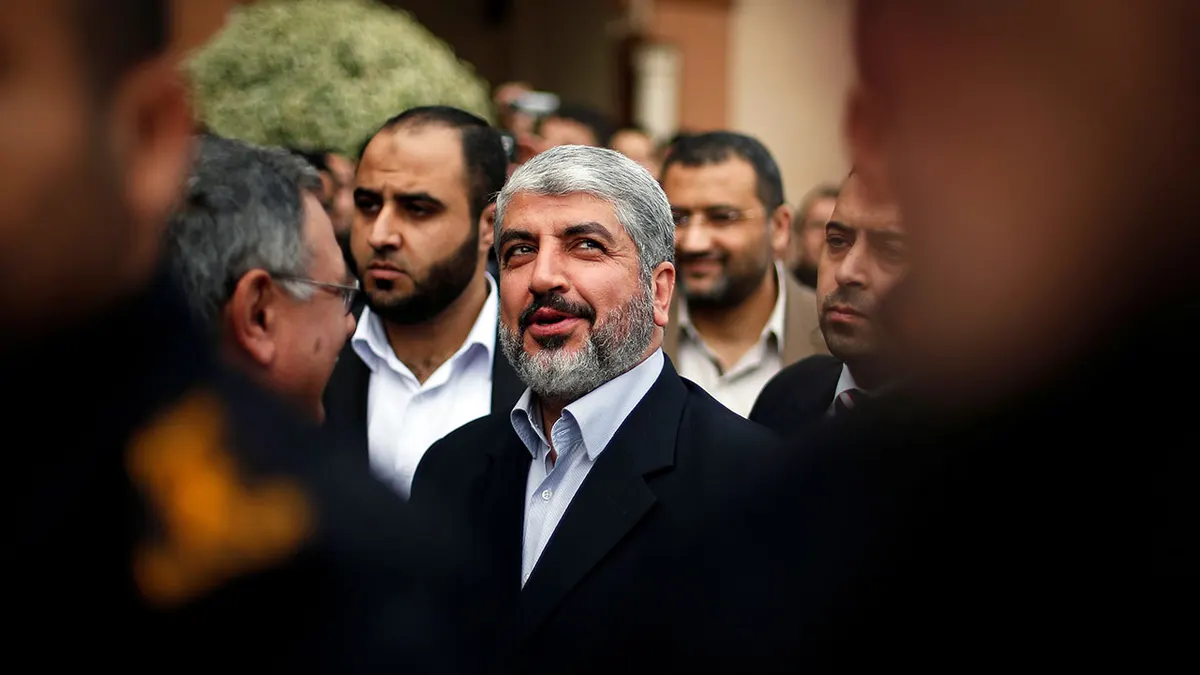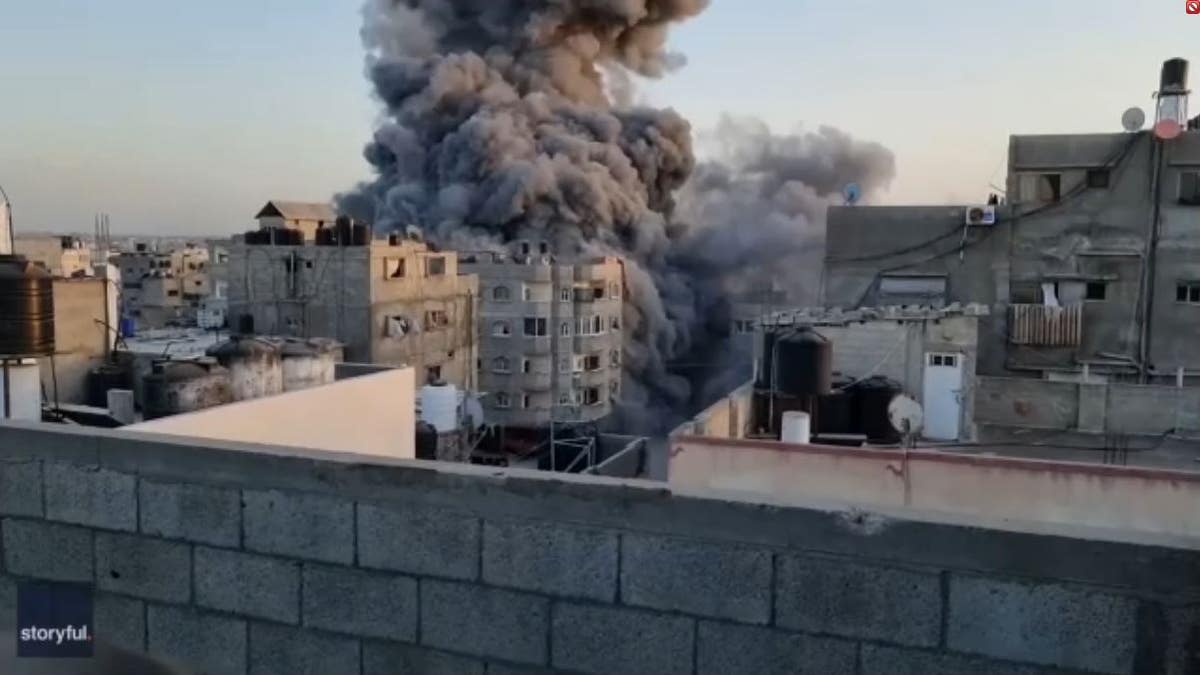Media top headlines December 14
In media news today, charges filed against a CNN producer of inducing minors for sex reveal shocking details, progressives erupt over Elon Musk being named TIME 'Person of the Year,' and The Atlantic's David Frum suggests unvaccinated patients should be treated last in hospitals.
The New York Times printed a significant correction to a story Monday that initially described a Palestinian professor in Gaza as presenting Israeli poetry positively to his students, saying it didn't do extensive-enough reporting on his true views.
There's now a 267-word correction affixed to the top of a November article about Refaat Alareer, a professor at Islamic University in Gaza City, noting the same man who spoke approvingly about an Israeli-authored poem with a Times reporter present in his classroom, called that poem a dangerous, brainwashing tool in 2019.
"In the class witnessed by a Times reporter, Mr. Alareer taught a poem by the Israeli poet Yehuda Amichai, which he called ‘beautiful,’ saying it underscored the ‘shared humanity’ of Israelis and Palestinians," the correction reads. "He said he admired how it showed that Jerusalem is a place ‘where we all come together, regardless of religion and faith.’

FILE PHOTO: The New York Times building is seen in Manhattan, New York, U.S., August 3, 2020. (REUTERS/Shannon Stapleton/File Photo)
"However, in a video of a class from 2019, he called the same poem 'horrible' and 'dangerous,' saying that although it was aesthetically beautiful, it 'brainwashes' readers by presenting the Israelis ‘as innocent.’ He also discussed a second Israeli poem, by Tuvya Ruebner, which he called 'dangerous,' adding ‘this kind of poetry is in part to blame for the ethnic cleansing and destruction of Palestine.’"
ISRAELI PRIME MINISTER MARKS FIRST OFFICIAL VISIT TO UNITED ARAB EMIRATES
The Times noted Alareer, confronted with the discrepancy, said his ultimate goal remained to show there were parallels between Israelis and Palestinians but nevertheless Israel used literature as a "tool of colonialism and oppression."
"In light of this additional information, editors have concluded that the article did not accurately reflect Mr. Alareer’s views on Israeli poetry or how he teaches it. Had The Times done more extensive reporting on Mr. Alareer, the article would have presented a more complete picture," the correction stated.
The original story paints a rosy picture of a professor who, while strongly opposed to Israel, teaches his students about a poem about Jerusalem written by Israeli Yehuda Amichai, in order to show the parallels in humanity of two divided peoples. The students are surprised to learn the language of a "wistful onlooker" who cannot enter Jerusalem is not that of a Palestinian.

FILE PHOTO: Hamas chief Khaled Meshaal (C) visits the Islamic University in Gaza City December 9, 2012. (REUTERS/Suhaib Salem/File Photo)
"It was a moment that added nuance to two contrasting narratives: That embraced by the students themselves, many of whom knew someone killed or injured by Israeli missiles, and whose interaction with Israel is often limited to airstrikes; and that of many Israelis, who often assume the Palestinian education system is simply an engine of incitement," Times Jerusalem Bureau chief Patrick Kingsley wrote.
Kingsley explained Amichai's poem was about a time when "Jews were blocked from the city’s ancient center when Jordan controlled the Old City of Jerusalem between 1948 and 1967." The poet died in 2000.
While the original story left out the times Alareer railed against the poem to classrooms not under the observation of a journalist – the 2019 remarks he made were on video – it did note his angry social media postings depicting Israel as evil. In one posting, he said there was no form of Palestinian resistance he would consider "terror."
LIBERAL NEW YORK TIMES COLUMNIST CLAIMS US ‘EDGING CLOSER’ TO ANOTHER CIVIL WAR
His university was co-founded by a former leader of Hamas, the terrorist organization that governs the Gaza Strip and has launched frequent rockets and suicide attacks against Israel.
The Times was forced to correct reporting earlier this year on the bloody Israeli-Gaza conflict, including when it depicted nearly all of the Palestinians killed by Israeli airstrikes as civilians. It later admitted it couldn't be sure how many were civilians and how many were militants.

A residential tower in Gaza was obliterated by an airstrike on May 16. (Mohamed el Saife via Storyful)
CLICK HERE TO GET THE FOX NEWS APP
Alareer penned a New York Times guest essay – linked to in the article by Kingsley – during the Israeli-Palestinian conflict earlier this year, decrying Israeli strikes on Gaza buildings.

